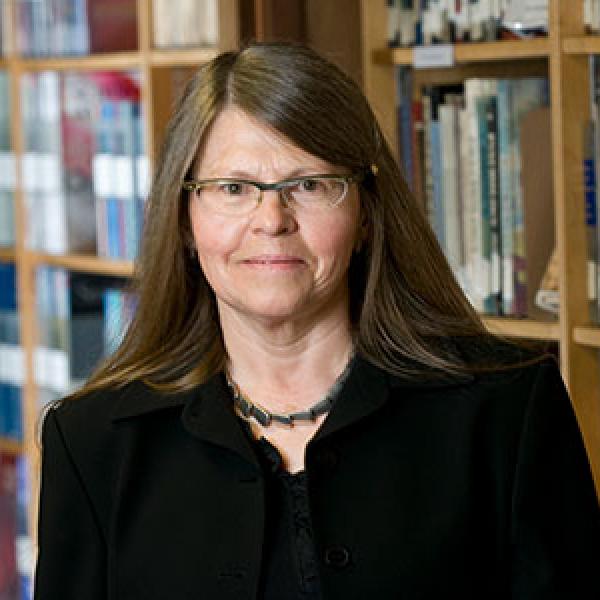
Status: What Is It? Why Does It Matter For Race And Gender Inequality?
When & Where
Date & Time
Location
ILR School
115 Ives Hall
Ithaca, NY 14853
United States
Overview
We often think of inequality as being shaped by wealth and power, but status is an equally powerful force. Although we see differences in status all around us in the workplace, the classroom, the neighborhoods we live in and the groups we socialize in, we barely understand status as a social process.
Cecilia Ridgeway, M.A. ’69, Ph.D. ’72, the Lucie Stern Professor of Social Sciences, Emerita, in the Sociology Department at Stanford University, argues that status, often dismissed as vanity, is best understood as a cultural framework for organizing and managing social relations.
In this lecture, Ridgeway will illuminate the complex ways in which status affects human interactions when we work together toward common goals, while discussing the important implications for our understanding of social inequality, particularly the perpetuation of social inequality based on gender, race or class.
Status beliefs are widely held views about who is better in society than others in terms of esteem or competence, with competence being broadly defined. These beliefs confer advantages that can exacerbate social inequality.
Ridgeway argues that status beliefs greatly enhance higher status groups’ ability to maintain their advantages in resources and access to positions of power and make lower status groups less likely to challenge the status quo.
In this talk, Ridgeway will demonstrate the pervasive influence of status on social inequality and suggest ways to ensure that it has a less detrimental impact on our lives.
This event is geared toward an in-person audience, so we strongly prefer you join us on our Ithaca campus. If this is not possible, Zoom information will be included in the registration confirmation email. Light refreshments will be available at the event.
This lecture is co-sponsored by: Center for the Study of Inequality; Cornell Population Center; Department of Sociology; Jeb E. Brooks School of Public Policy.
